New Delhi : India is the largest democracy in the world, which provides the opportunity for people to resolve their issues and challenges through their elected representatives who would represent their demands in the legislative body and build consensus. Election manifesto is a mean to communicate people’s hopes and aspirations to potential representatives.
On behalf of students and youth of India, the Students Islamic Organisation of India (SIO) takes this opportunity to present a “Students’ Manifesto” before all the political parties for consideration and inclusion in their respective manifesto and agenda.
The recommendations and demands laid out in the manifesto are divided into three categories; education, youth and human rights issues.
Education: The section on education sharply criticizes the central and state governments for their poor implementation of the Right to Education Act, and makes a number of recommendations to improve efficiency and transparency. There are specific demands to increase the stipend of Maulana Azad National Fellowship and Rajiv Gandhi National Fellowship as well as to roll back the requirement of NET for eligibility. The manifesto also demands reservation in educational institutions as per the recommendations of the Sachar Committee report. Apart from these demands, there are also recommendations to improve scholarship schemes and provide healthcare for students.
Demands: Enact Rohit Act | Establish AMU Off Campus Centres in Minority Concentrated Districts | Government should pay extra attention to Children With Special Needs | Arabic & Islamic studies chair has to be opened in all the Universities. All the Universities should commence BA in Arabic & Islamic Studies courses | RTE Act (2009) must be implemented completely | Government should ensure that the minority status of Aligarh Muslim University (AMU) and Jamia Millia Islamia (JMI)
Youth: The youth issues section of the manifesto cites the disturbing trend of continuous jobless growth and makes recommendations for inclusive entrepreneurship schemes and skill development programs. It also flags corruptions in recruitment process of government jobs and demands the implementation of time-bound and transparent selection processes.
Demands: All vacancies in government and public sector jobs should be filled immediately | The selection process for government and public sector jobs should be made transparent, fair and efficient | Reservation in public services must be given as per Ranganath Misra Commission.
Human Rights: The manifesto also highlights a number of human right issues and demands the enactment of a comprehensive law to deal with violence against religious minorities and other marginalised communities. It also calls for the introduction of rehabilitation schemes for innocent youth who are falsely charged in terrorism cases.
Demands: National Register of Citizens (NRC) in Assam must be carried out in a fair and transparent manner |Institutions made for the protection of human rights should be strengthened |Section 197 of the CrPC must be scrapped | Law should be enacted for the prevention of discrimination against religious minorities in all spheres
At this occasion of launch, Labeed Shafi, President, SIO of India said that students and youth are the biggest constituency of this country and political parties must specially cater to their needs when seeking for votes. He also said that SIO has prepared a manifesto that asks political parties to invest in the future of the country. He stressed that students and youth are not going to be mollified by slogans or distracted by talk of divisive issues.
The manifesto was released in the presence of,
- Labeed Shafi (President, SIO of India)
- Syed Azharuddin (General Secretary, SIO of India)
- Ferdous Ahmed (Cabinet Member, AMUSU)
- Ramees EK (JMI, New Delhi)
- Sifwa (JNU, New Delhi)
- Anees K (Delhi University)
- Zainab Amal (Delhi University)
- Azhar Ansar (JMI, New Delhi)
From,
Department of Media, SIO of India.
Syed Ahmed Ali (National Secretary)
Email: [email protected]
Website: sio-india.org

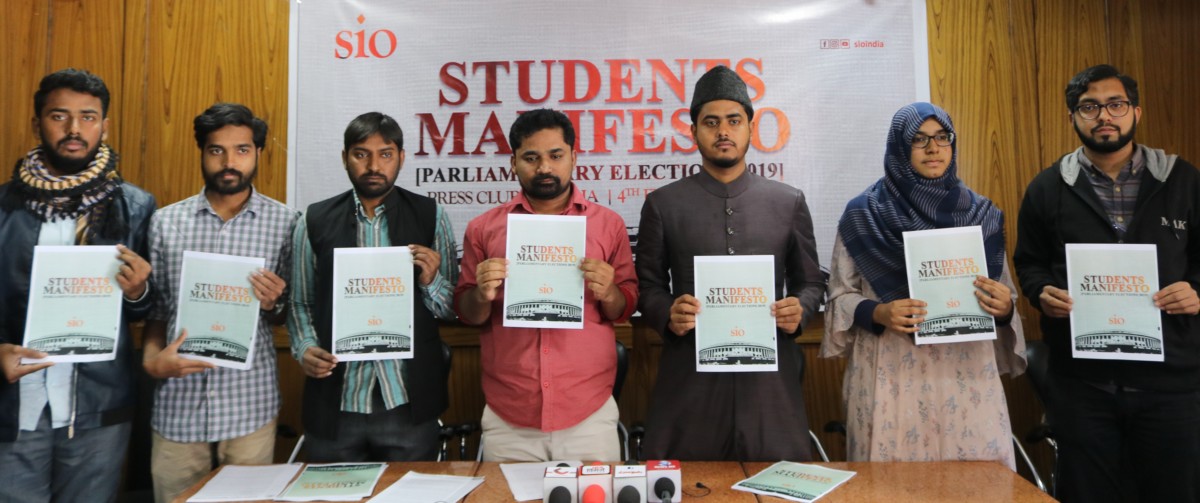
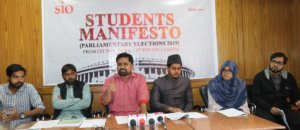

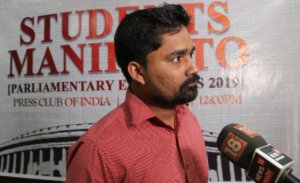
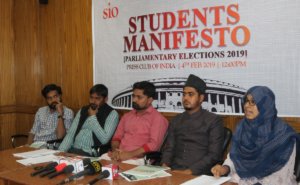

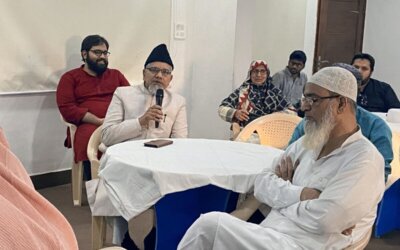
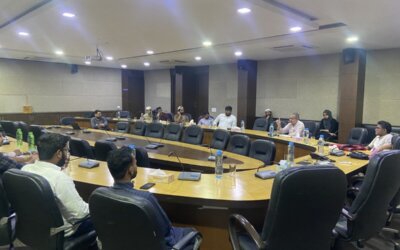
0 Comments